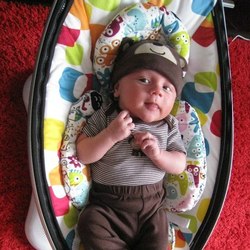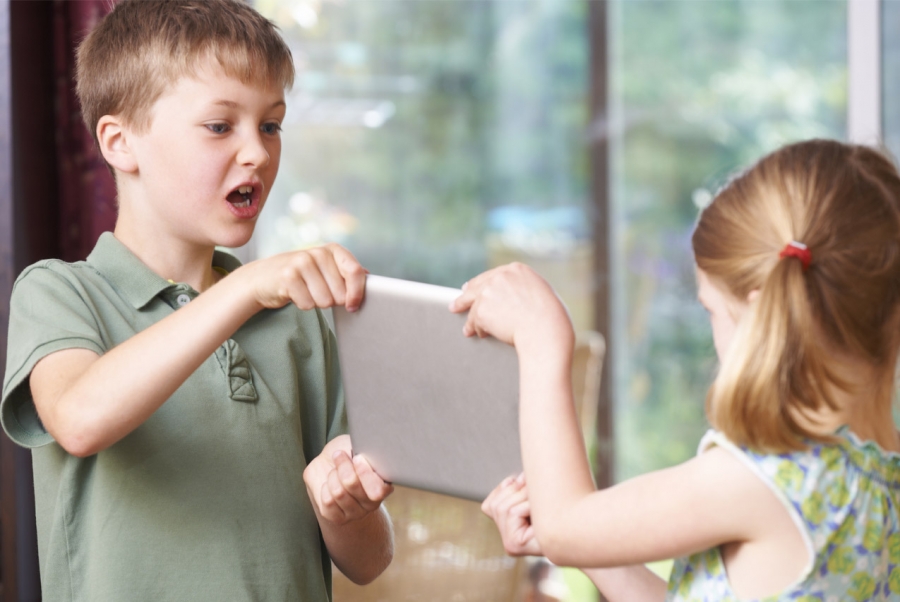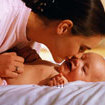7 interesting facts about diapers
 Buying another pack of diapers for your beloved baby, you do not think that this necessary hygiene item is not as simple as it seems at first glance.
Buying another pack of diapers for your beloved baby, you do not think that this necessary hygiene item is not as simple as it seems at first glance.
Especially for curious parents, along with a network of supermarkets for children “Daughters-son”, we collected seven interesting facts about diapers, which you probably did not even guess!
Fact №1
A newborn baby pees up to 20 times a day, so you can’t do without a safe diaper!
Fact number 2
According to Western scientists, babies spend an average of 18–20 thousand hours in a diaper until they learn to use the pot. At the same time, newborns need up to 8 disposable diapers per day, that is, more than 6,000 during the first two years of life.
Fact number 3
The first diaper, made on the basis of sawdust, appeared in 1956 in the United States, and began to use these items of children’s hygiene en masse around 1961. In our country, scientists also worked on the development of such a useful object, which was originally intended for … cosmonauts and was stretching pants with removable moisture absorbing pads. In the end, the first disposable diapers – alas, not domestic – appeared in Russia only in the early 90s.
Fact number 4
It turns out that modern diapers provide the optimal position of the hip joints of the baby, similar to the free swaddling. Moreover, diapers in no way provoke the curvature of the baby’s legs!
Fact number 5
Since childhood, many parents teach their favorite crumbs to water, because swimming contributes to the physical development of the child and its hardening in the most natural way. In the warm season, fathers and mothers with babies splash in open reservoirs, and in the cold season, more and more often special swimming pools for babies are visited. Sanitary standards in such institutions are very strict, so that a diaper is indispensable. But not simple, but special – for swimming. Such models differ from ordinary ones by their high waterproofness: they do not let moisture in, protect the child’s genitals from dirt, dust, sand, keep children’s “surprises” securely inside and do not swell from water like normal diapers. To know the water world in such a diaper is a pleasure. If your baby could talk, he would definitely confirm it!
Fact №6
The invention of diapers markedly simplified the lives of babies and parents, but not in the best way affected the state of the environment. The fact is that these hygiene items are not easy to dispose of, because in a natural environment a diaper decomposes for over 100 years! And it does not matter at all – reusable or disposable. At the same time, it is easy to contribute to the protection of the environment without compromising the baby’s comfort and your own peace of mind – do not forget about the separate collection of garbage.
Fact №7
Who would have thought that it would take 30 seconds more for loving moms who seem to be able to do everything to remove and put a diaper on the baby than to loving dads. Maybe the whole thing is that mothers are more delicate with babies, and when changing a diaper, they are constantly distracted by caresses?



